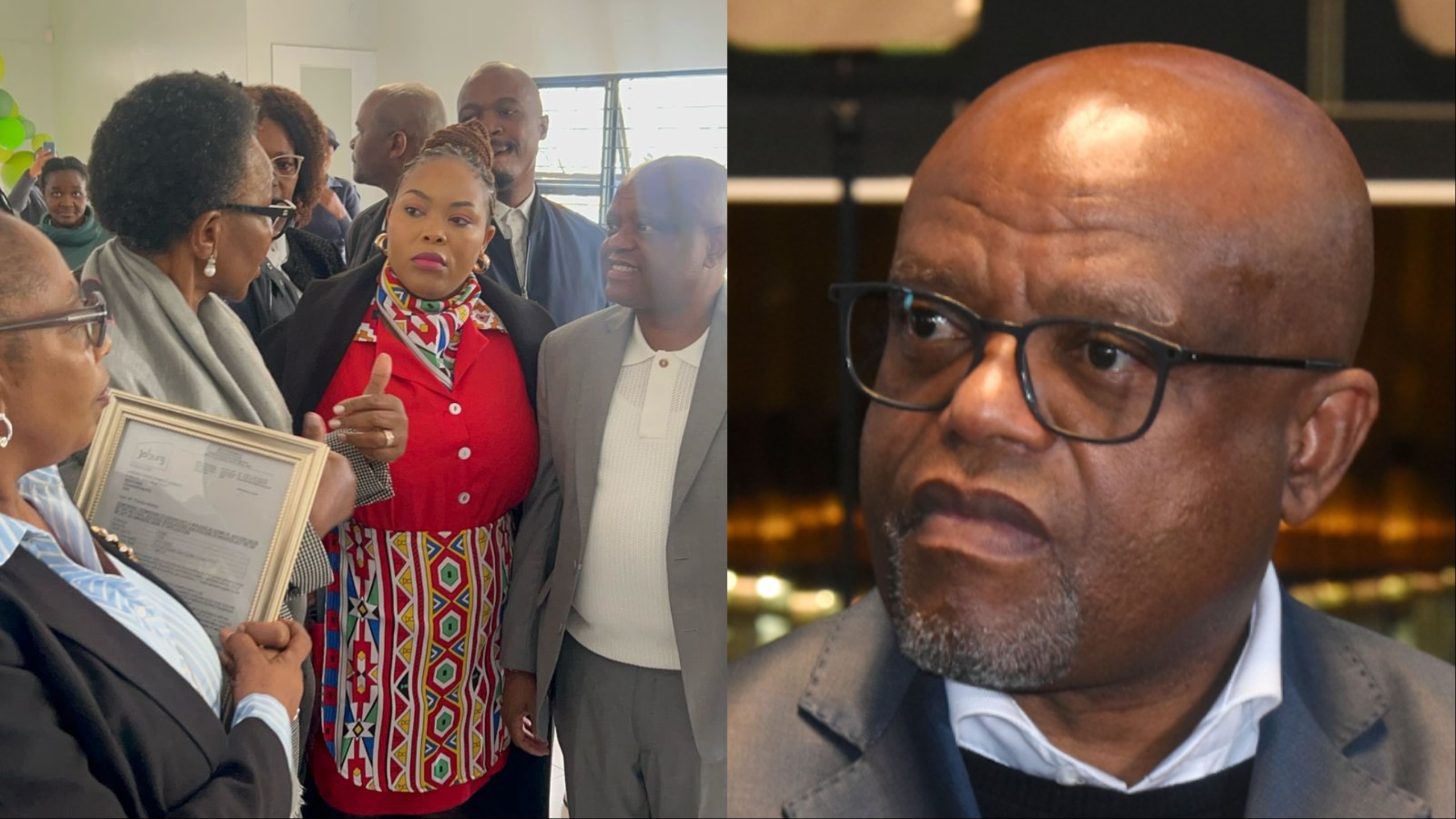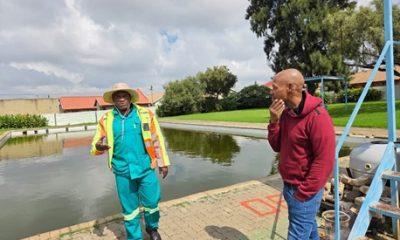411
How Joburg and Tshwane Mayors Approach Governance

Johannesburg, often at the center of political drama, has once again found itself under scrutiny—this time for a misfired communication campaign. The city, which has seen nine mayors in less than a decade, became the backdrop for a public relations blunder just as Mayor Dada Morero outlined his vision for Joburg’s future.
On March 19, the same day Morero addressed the 2025 Brand SA Nation Brand Forum, an influencer-driven campaign titled #JoburgServiceDelivery surfaced on X (formerly Twitter). The campaign, featuring nearly identical posts celebrating the launch of a R95 million clinic in Naledi, Soweto, quickly raised eyebrows.
Dada Morero is that minister that gets apppinted and puts in the work. This work is beautiful. #JoburgServiceDelivery pic.twitter.com/hJHhgkx3lE
— Katalia (@KatapillarK) March 19, 2025
Morero has since distanced himself from the campaign, denying any involvement. While the clinic’s opening is significant, the orchestrated online praise came across as artificial—a textbook example of perception management rather than genuine engagement with Joburg residents.
In an era where public trust in leadership is fragile, such staged campaigns can backfire, drawing comparisons to past controversies like Bell Pottinger’s divisive narratives. Whether intentional or not, the #JoburgServiceDelivery campaign revealed a disconnect between political messaging and the daily struggles of Joburgers—struggles marked by crumbling infrastructure, power cuts, water shortages, and crime.
Contrasting Leadership Styles: Morero vs. Moya
The controversy surrounding Morero’s administration invites a broader discussion on how city leaders manage public engagement. A stark contrast can be seen between Morero and Tshwane’s Mayor Dr. Nasiphi Moya.
Moya, appointed in October last year, has quickly gained a reputation for proactive leadership. Under her administration, Tshwane has launched initiatives like “Reclaim our City”, which enforces bylaws and revitalizes the Pretoria CBD. Residents have reported visible improvements, from cleaner streets to a more responsive city administration.
Unlike Morero, Moya’s public engagement does not rely on paid influencers. She has embraced digital accountability, regularly interacting with Tshwane residents on social media, where she has nearly 40,000 followers. Her presence isn’t limited to the digital space—she attends town halls, visits businesses, and actively enforces regulations on the ground.
Social media sentiment reflects this contrast. While Moya is praised for her hands-on leadership, Morero’s online presence is sparse, with fewer than 8,000 followers and little direct engagement. His recent proposal to recruit foreign nationals for the Johannesburg Metropolitan Police Department further alienated residents, sparking backlash and forcing his party to intervene.
A City in Decline
Johannesburg’s status as a world-class African city continues to erode. The city is plagued by high crime rates, hijacked buildings, and deteriorating service delivery. Tragic incidents, such as the deadly Usindiso building fire, highlight the consequences of governance failures.
Morero’s administration has struggled to inspire confidence. Even his participation in international events like the Urban 20 Summit failed to resonate with residents. His statement prioritizing road repairs for G20 delegates—while residents navigate pothole-ridden streets—only reinforced perceptions of a leadership out of touch with local realities.
Meanwhile, Tshwane’s governance model under Moya demonstrates that coalition politics, when managed effectively, can yield visible results. Her administration has carefully balanced political alliances while focusing on service delivery.
The Future of City Governance
The contrasting leadership styles of Morero and Moya highlight a crucial lesson: in today’s digital era, governance is no longer just about policies—it’s about engagement, visibility, and accountability.
Johannesburg’s struggles and Tshwane’s recent successes show that leaders can no longer rely on outdated PR tactics. Citizens expect action, not just rhetoric. While Moya’s approach has not been without criticism—some argue her leadership is performative—her commitment to engaging with residents sets a new standard for political accountability.
For South Africa’s economic hubs to thrive, governance must evolve. Public engagement is no longer optional; it is the foundation of effective leadership. The cities that embrace this shift will be the ones that redefine governance in the 21st century.
Follow Joburg ETC on Facebook, Twitter , TikTok and Instagram
For more News in Johannesburg, visit joburgetc.com
Sourced:Times Live



















